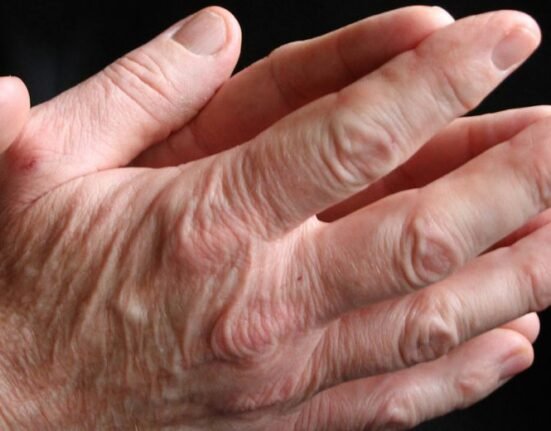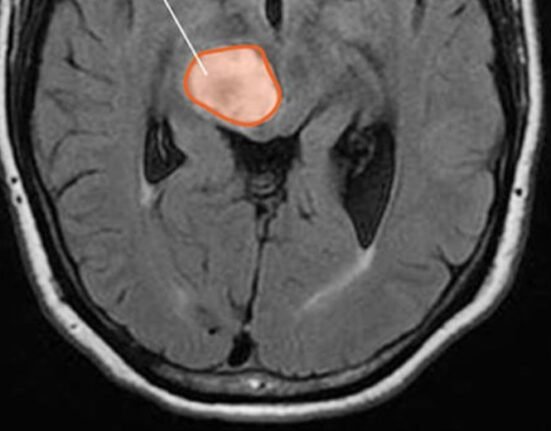HQ Team
July 13, 2024: Pfizer’s investigations on gene therapy for patients with Duchenne muscular dystrophy failed to meet its primary goals, according to a company statement.
Duchenne muscular dystrophy is a serious genetic disease characterised by progressive muscle degeneration and weakness.
Pfizer’s experimental trial “did not meet its primary endpoint of improvement in motor function among boys four to seven years of age treated with the gene therapy compared to placebo,” or treatment with no active properties.
The results of the therapy were assessed by a change in a 17-item rating scale that is used to measure functional motor abilities in ambulant children with dystrophy — North Star Ambulatory Assessment — after a year of treatment.
Secondary goals no better
Key secondary endpoints, including 10-meter run or walk velocity and time to rise from floor velocity, also did not show a significant difference between participants treated with fordadistrogene movaparvovec and placebo, according to the Pfizer statement.
The overall safety profile of fordadistrogene movaparvovec in the trial was “manageable, with mostly mild to moderate adverse events, and treatment-related serious adverse events generally responding to clinical management.”
“We are extremely disappointed that these results did not demonstrate the relative improvement in motor function that we had hoped,” said Dan Levy, MD, PhD, Development Head for Duchenne muscular dystrophy, Pfizer.
“We plan to share more detailed results from the study at upcoming medical and patient advocacy meetings.
‘Improve future research’
The goal is to “ensure that learnings from this trial can help improve future clinical research and development of treatment options that can improve care for boys living with Duchenne muscular dystrophy,” he said.
Pfizer has paused the dosages in patients “due to a fatal serious adverse events” during a mid-stage experiment that evaluated the safety and tolerability of fordadistrogene movaparvovec in the two to three-year-old group.
“Pfizer is actively working to gather additional information on the event to understand the potential cause.”
Symptoms of Duchenne muscular dystrophy usually manifest in early childhood between the ages of three and five. The disease primarily affects boys.
Lose ability to walk
Muscle weakness can begin at an early stage of three years. It first affects the muscles of the hips, pelvic area, thighs, and shoulders, and later the skeletal (voluntary) muscles in the arms, legs, and trunk.
By their early teens, patients typically lose their ability to walk and the heart and respiratory muscles are also affected, ultimately resulting in premature death.
The disease is the most common form of muscular dystrophy worldwide with an incidence of 1 in every 5,000 live male births. In Europe and North America, the prevalence of DMD is about 6 per 100,000 individuals.
Other companies researching the disease include Sarepta, Solid Biosciences and Marathon Pharmaceuticals.








